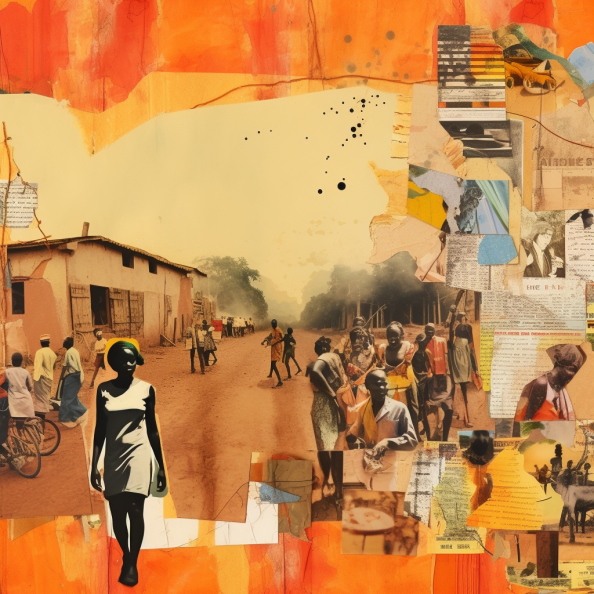AHRC Arts and Humanities Research Council: This is the funding body who have funded the Rights for Time Network Plus. You can read more about them here
Co-IA Co-Investigator (Co-I) is a member of the research team on a project but is someone who is not responsible for the overall management of the project.
DAC Development Assistance Committee. The DAC is based within the OECD. It is the DAC who defines which countries are classified as DAC countries. A full list of DAC countries can be found on the OECD website.
Due Diligence The investigation or exercise of care an individual or organization is expected to take before entering into an agreement or contract with another party.
ECR Early Career Researcher. In an academic context this is someone who is within eight years of the award of their PhD, or an individual who is within six years of their first academic appointment. In a non-academic context an ECR can include anyone who is new to conducting research: there is no requirement for such a person to be a career researcher.
Full economic cost (fEC) The full economic cost (fEC) of a project is the full cost of undertaking the activity. This can include consumables, travel costs, facility access, staff costs, estates, infrastructure costs etc.
All applications that include UK Research Organisations (RO) must budget for the UK RO elements on the basis of the UKRI full economic costs (fEC) model i.e. 80% fEC for UK Ros costs with the UK RO involved in the project contributing 20% fEC. If a grant is awarded, the UK RO must agree to find the balance of fEC for the project from other resources.
N.B. Organizations in DAC listed countries will be paid at 100% of costs and can request up to 20% of overheads on their costs – these must be included as part of the total requested budget.
GCRF Global Challenges Research Fund. The GCRF is a £1.5 billion fund provided by the UK Government to support research that address challenges faced by developing countries.
GovernanceGovernance is a framework or infrastructure that defines and controls the outputs, outcomes and benefits from projects and/or programmes. The mechanism whereby the investing organization demonstrate financial and technical understanding and control of their project.
NGONon-Governmental Organization. An NGO is typically a not-for-profit group or institution with a social or humanitarian aim, which operates independently from the government.
ODA Official Development Assistance. ODA is government aid which is awarded to DAC countries that promote and specifically target the economic development and welfare of developing countries.
OECD Organization for Economic Co-operation and Development
Open Access (OA) Publishing
OA is a set of principles and a range of practices through which research outputs are distributed online, free of cost or other access barriers, meaning anyone can access them.
PIA Principal Investigator (PI) is the person who will hold the money awarded with the grant and will be responsible for leading the research project.
SDGs Sustainable Development Goals (SDG). The United Nations, Department of Economic and Social Affairs, 2030 Agenda For Sustainable Development have developed 17 SDGs. These SDGs are an urgent call for global collaboration to address poverty and deprivation the goals aim to improve health and education and climate change.
Research Ethics Review Board/Committee
A body within an organisation that is responsible for safeguarding the rights, safety, dignity, and well-being of all research participants. They will conduct some form of risk-benefit analysis to determine whether or not research should be carried out and then accept (or reject), monitor and review all research (especially that involving human subjects) being undertaken by the organisation.
Research question
A specific inquiry which the research seeks to provide a response to – a research question focuses on the research, determines the methodology and hypothesis, and guides all stages of inquiry, analysis, and reporting.
UKRI UK Research and Innovation. A non-departmental public body sponsored by the Department for Business, Energy and Industrial Strategy (BEIS). UKRI brings together the seven disciplinary research councils, Research England, which is responsible for supporting research and knowledge exchange at higher education institutions in England, and the UK’s innovation agency, Innovate UK.
UoB University of Birmingham


